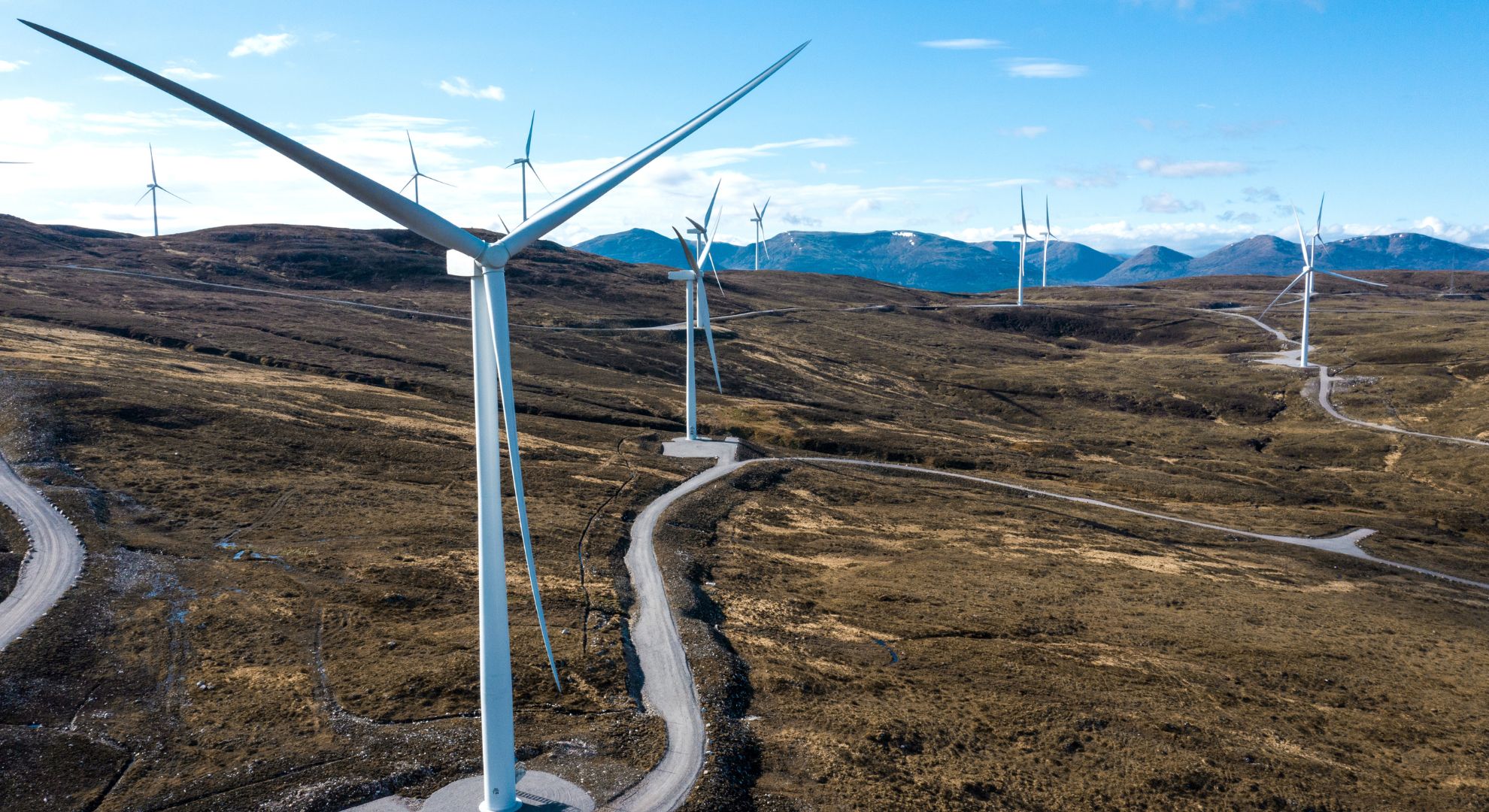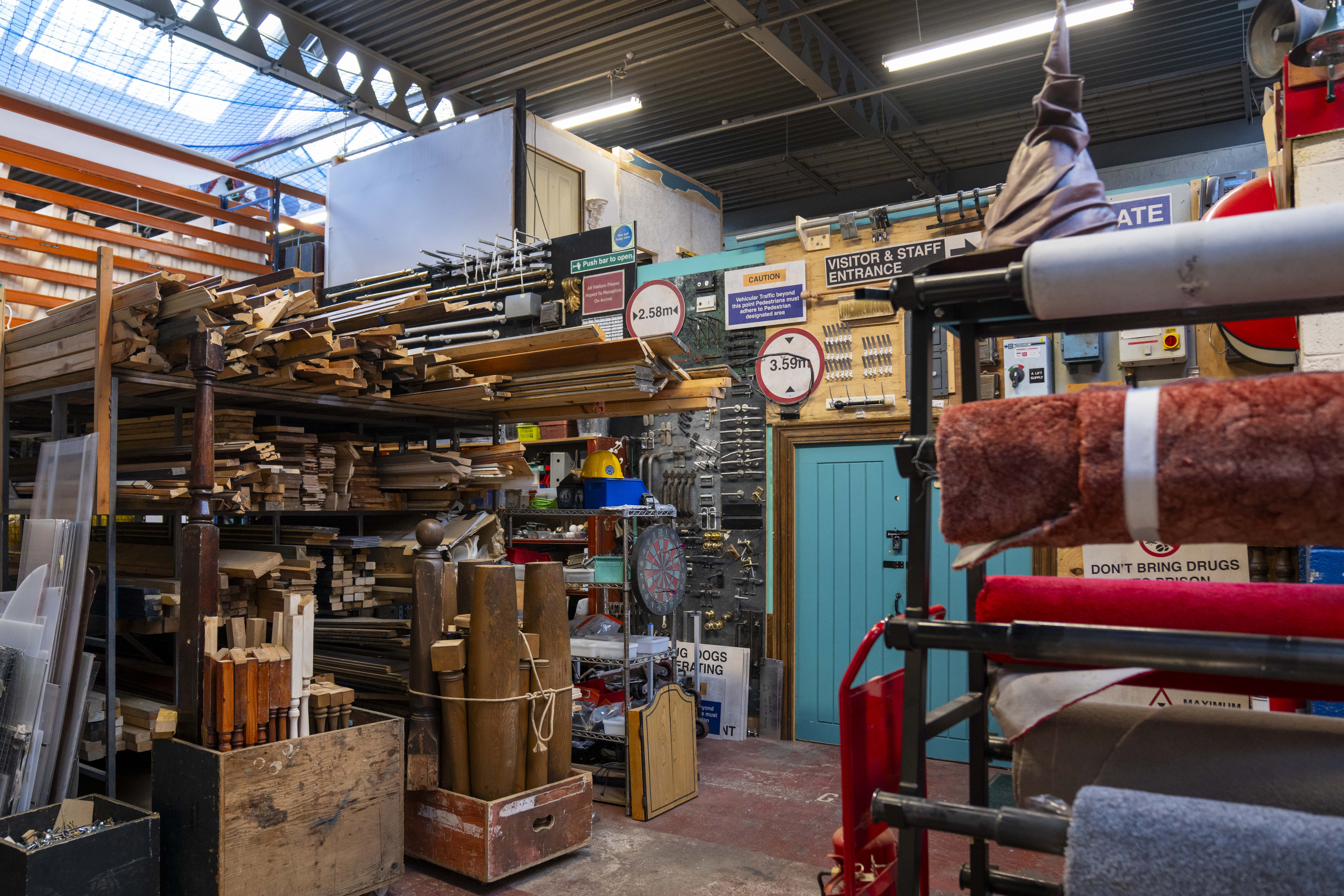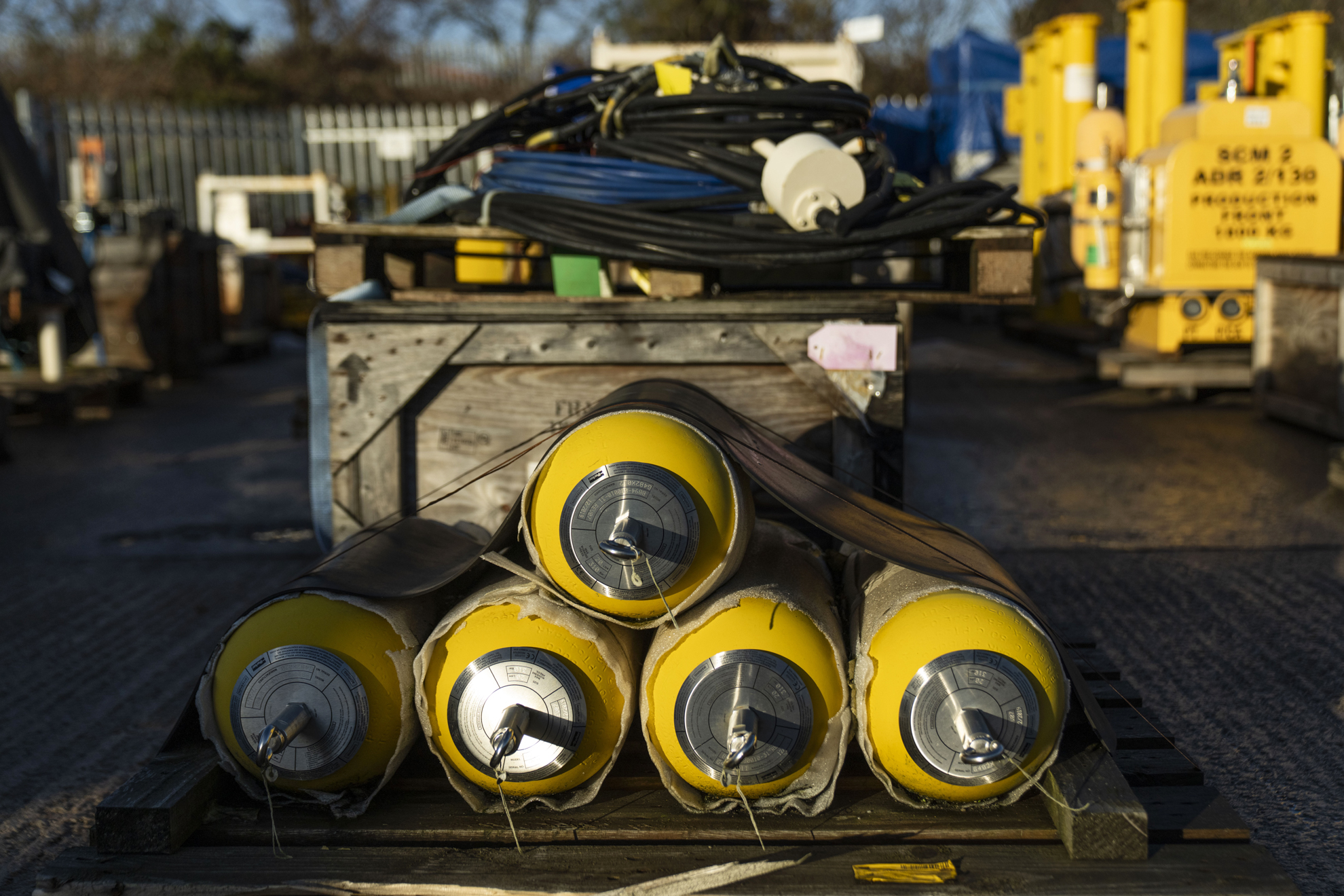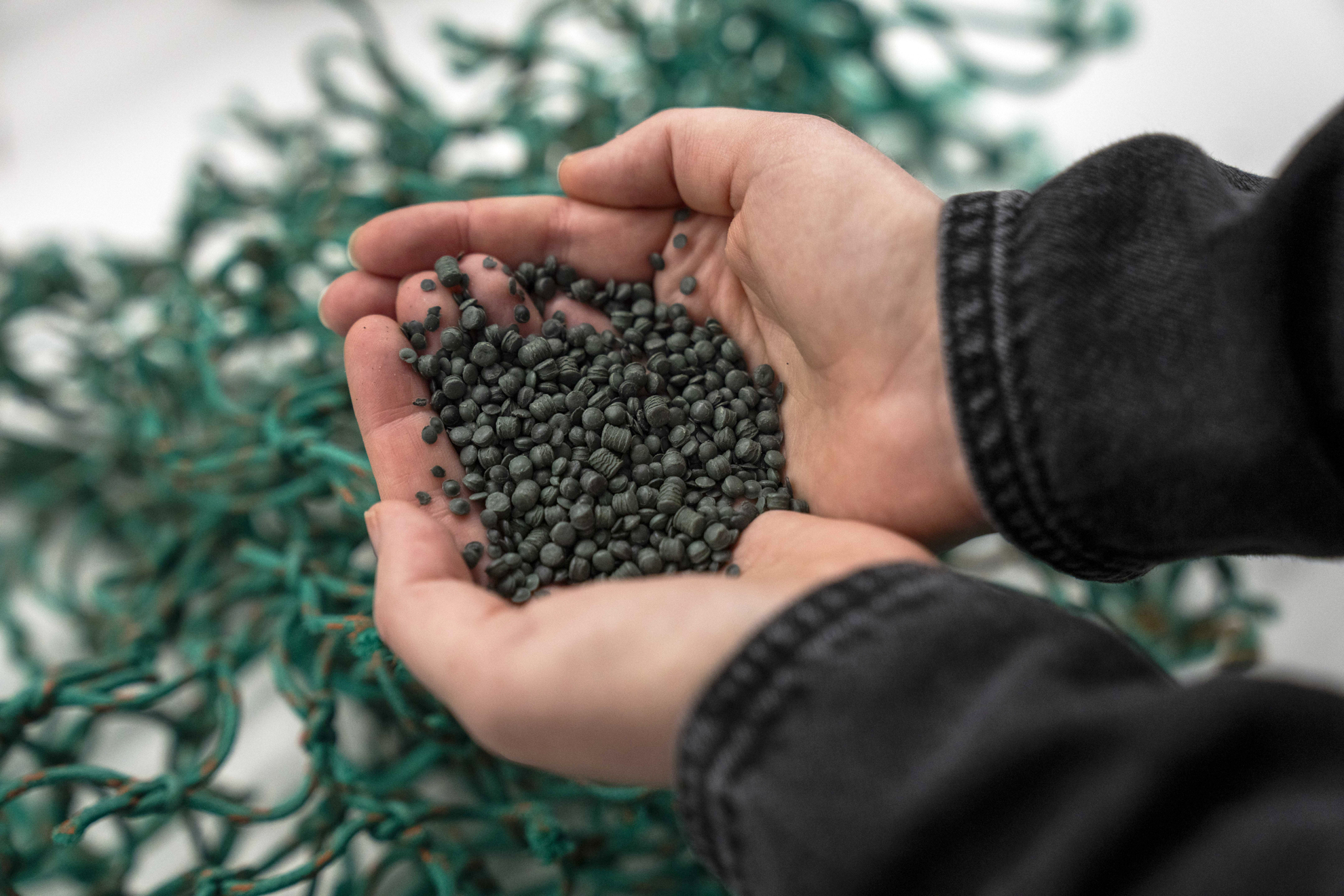
Circular economy perspectives and sustainable decision-making in times of crisis
We are living during a ‘polycrisis’ [1]. There are many interrelated challenges facing Scottish businesses and residents, and their behaviors may be changing as a result.
Understanding the complexity of likely impacts, both positive and negative, on a just, circular transition to net zero is pivotal to moving towards a circular economy and mitigating climate and biodiversity crises.
To understand circular economy perspectives and sustainable decision-making in times of crisis, Zero Waste Scotland has conducted a series of research projects in partnership with the University of Dundee’s Just Transition Hub, University of Highlands and Islands and The Centre for Mountain Studies, UHI Perth, and Heriot-Watt University.
The following three reports describe the findings from these projects.
A just, circular transition in rural areas
The report 'Just Transition: Sustainable Decision-Making in a Time of Economic Crises' communicates the findings of a project exploring how rural residents in Scotland understand:
- The concepts of the circular economy and the just transition to net zero.
- Factors informing rural residents’ sustainable decision-making and the impacts of the cost of living crisis.
Report covers:
- A narrative literature review.
- Analysis of key findings from short surveys, interviews and focus groups with participants from ‘accessible rural’ and ‘remote rural’ communities in Argyll, Moray and South Lanarkshire.
- Conclusions highlight a complex interplay of motivations and challenges. Findings convey the importance of increasing collaborative participatory approaches, knowledge sharing and targeted education campaigns for a just, circular transition.
- Recommendations include the need for further in-depth investigation into rural sustainability practices, considering regional variations and generational differences.
Sustainable citizen decision-making in urban areas
“Sustainable citizen decision-making: Impact of the cost-of-living crisis on the energy and circular economy transitions in urban Scotland” aims to build an understanding of the impacts of multiple crises on people’s attitudes and behaviours in response to Scotland’s ongoing transition to a just and low carbon and circular economy.
Report covers:
- Analysis of the findings from this project
- A set of recommendations indicating where further action is needed to address the perceived challenges, stigmas, and barriers that exist for individuals and communities in light of the transition to a just, circular, and low carbon economy in Scotland.
The circular economy and business
This research reports on Circular Economy (CE) engagement and practice amongst Small and Medium-sized Enterprises (SMEs) in Scotland. The research aimed to explore understanding of and attitudes towards the CE, evidence of practice of CE-related activities amongst SMEs, SME experiences relating to the CE including benefits and barriers, and any effect of the current cost of living crisis on each of these.
Report covers:
- A review of sustainability and CE practices amongst SMEs in modern developed nations.
- Primary fieldwork comprising interviews with 41 SME owners in Scotland within one of five priority sectors to elicit first-hand testimony about experiences and challenges of CE and sustainability practices.
- Levels of understanding of CE principles as well as the perceived compatibility between efficient business (including costs-savings and customer perceptions) and CE activities.
Download the reports here
- [1] We’re in a ‘polycrisis’ - a historian explains what that means | World Economic Forum (weforum.org)






